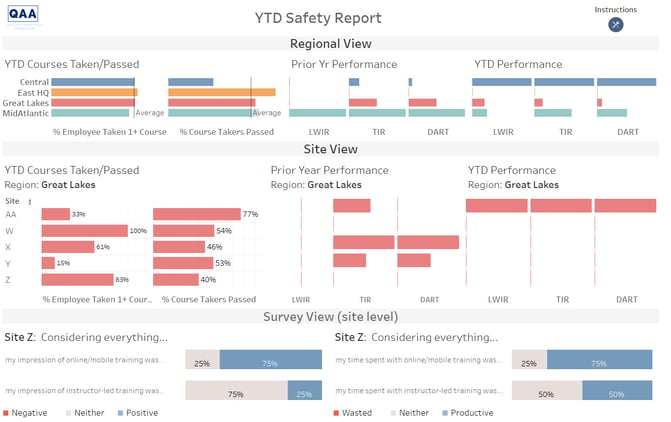There are copious amounts of text on all different platforms, but free text responses to surveys of any large volume can be one of the hardest and most time consuming to extract information from, when the exact language in the response isn’t important by itself.
What is important is that customers are giving you feedback about specific products or services that you provide, but their issues or praise is hard to capture using only likert scales or yes/no questions. The most valuable data resides in the free text responses at the end of a survey, but those are the hardest to categorize and make use of because it takes a lot of time and resources to have a human sit in front of a computer screen and read response after response and give you valuable insight. A human may be able to put together a summary of the good and bad things your customers are talking about in the survey responses, but when the next batch of responses comes in, they have to start the process all over again. If you are only expecting ten survey responses a week then this can be managed by a human, but if it's hundreds, thousands, or even millions, you are going to need a little help.
Artificial Intelligence applied to textual data is an important method for companies or people who want a large quantity of data sorted in a short period of time. By saving your team time, you are freeing up your resources to complete work in other areas that bring value to your company.

Corporate Training takes up a large quantity of resources and is usually designed by experts in their field. Training topics range from creating a safe and inclusive workplace, teaching job specific skills, to employee health and safety. You are implementing these training sessions because you want your employees to have all the information they need to achieve a collective goal, so you want them to be engaged and retain what they are learning. We have all been through training at some point in our careers and some worked and stuck with us while others were quickly forgotten. What makes the difference? You probably can’t remember if it was more than a month ago, and some training programs are offered annually. So what good is it to implement training if your employees aren’t going to remember what they learned after a month or two?
The best way to learn what works for your company or your team is to gather feedback immediately after a training course is completed because the information and sentiment is fresh in their heads. If you only have a few employees it is worth your time to read through each response, but if you have more than that it’s time to get some assistance.
Artificial intelligence can be used to classify the free text responses that are usually available at the end of a survey. If you know the topics or themes you want to track that’s a great place to start, and after the text is classified you can see where the training is excelling, where the training needs to improve, and how often each topic is mentioned. This can all be mapped over time so as you adjust your training programs to be more effective, you will be able to see whether your employees respond well to the changes you implement.

Teaching a computer to classify the text has one primary benefit: it is consistent! So as you improve your training materials and methodologies, if your satisfaction ratings increase you will know exactly what caused the increase and that these positive responses are not a result of a human’s subjective nature.
QAA’s Blog Post: http://www.quality-analytics.com/ai-for-learner-analytics/
See what we are doing with QAA to improve corporate training!



